Prairie Restoration Project
EWU is the only university to dedicate a third of our campus land and resources for students to actively participate in a real-world, multidisciplinary project designed to restore a threatened ecosystem in our region.
Support the Prairie Restoration Fund
About the Project
This major sustainability initiative will restore 120 acres of campus land to its native “Palouse” prairie habitat. In addition to giving our students countless learning and research opportunities, the project benefits the environment for the entire region. Developed in cooperation with representatives from area Native communities, this project will create a model for boosting regional biodiversity while establishing an educational and recreational space that connects visitors to a long-lost landscape.
Learn about the students, faculty and staff that drive the Prairie Restoration Project and see how your support is an investment in our region’s future.

Project Goals
This major sustainability initiative will impact the community for years to come. Our primary goal is to foster an enriching educational experience for students seeking to participate in a real-world sustainability effort.
Education
We envision a space that will inspire outdoor exploration and connections to natural environments. Informational markers will allow sightseers to explore tribal culture, floods that once ravaged the area, the native makeup of the land and plants, and the animals that call the prairie home.
Research
Converting the site to native grasslands will create a living laboratory and provide new opportunities that mimic more real-world situations and prepare students for careers. The site itself will serve as an opportunity to evaluate ways in which research and recreation can co-exist and thrive.
Recreation
A multi-use trail system will be open to the campus community and all EWU visitors. It will provide access to the restoration site and encourage exploration, recreation and lead visitors to stunning 360-degree views of the region. Walk, run, bike, cross country ski while you observe nature.
Connection
We want to cultivate rich and reciprocal relationships. Many of the plants in the ecosystem are culturally significant to Native Americans for food, medicine, art materials and more. The project will provide renewed access and educational opportunities for local tribes and will be the home of the Lucy Covington Initiative.
Inspiration
With proper education, we hope community members will be inspired to plant native plants in their yards to create their own “pocket prairies.” This simple, actionable step allows supporters to create immediate benefits that will continue for generations.
Biodiversity
More than 120 plant species will attract and retain more pollinators in the region and supply nutritional seeds for birds and other small animals. The plants filter carbon from the air. The vast root systems will hold soil in place, reducing the risk of erosion, and draw water down deep into the soil to recharge the groundwater supply.
Project Phases
The restoration work is the backbone of the project.
Phase 1: Completed
Phase 2: Ongoing
Phase 3: Goal
5-year Restoration Plan Funding Needs
The university is committed to ongoing maintenance once the restoration is complete. We’re looking for partners. There are opportunities for recognition for major donors to the project. For inquiries, please contact Courtney Gray at cgray37@ewu.edu or 509.359.6703.
$1.4 million for restoration, student engagement and trail systems. Future funding supports community education programming.
Media Resources
Interview with Sarah Hill
Graduate student Sarah Hill explains the importance of the prairie and the process of finding and planting seeds for a successful restoration.
Eastern Magazine
Read “Beauty Wild and Untrammeled” By Charles E. Reineke. Published January 2020. View the article or read the full issue below.
Photos

• View Flickr gallery of the project.
To request higher resolution versions of the photos or a copy of any videos, please contact inside@ewu.edu.
Architectural Rendering

EWU has been working closely with Michael Terrell Landscape Architecture to develop plans for the restoration project. The plans are meant to bring together initial ideas and spark further discussion as we develop the final master plan.
Prairie Updates
The latest news on EWU's Prairie Restoration Project
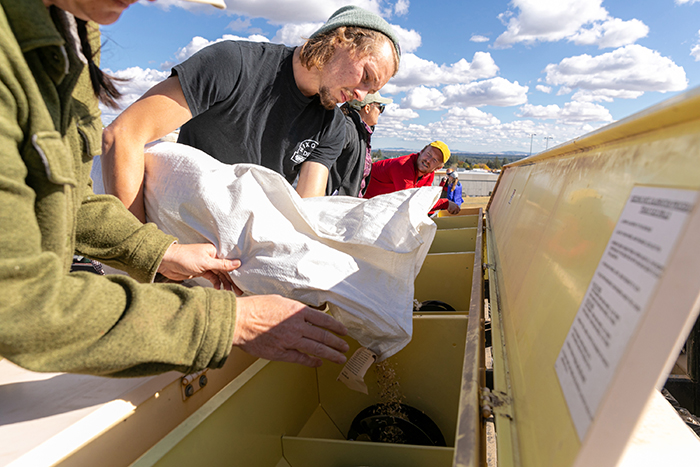
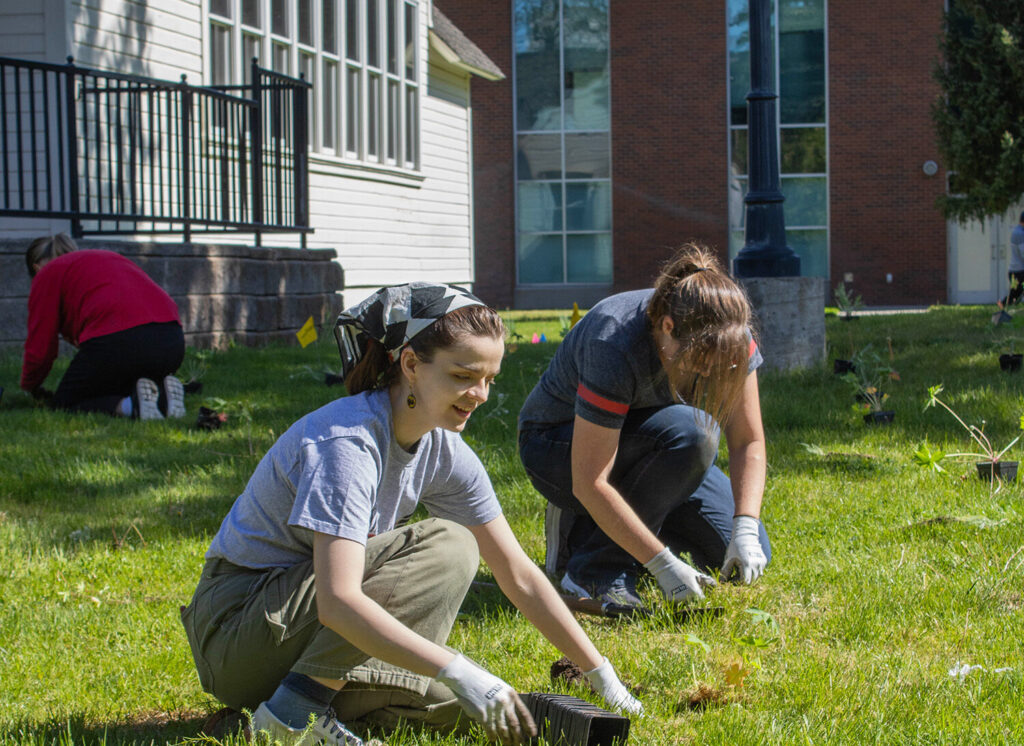
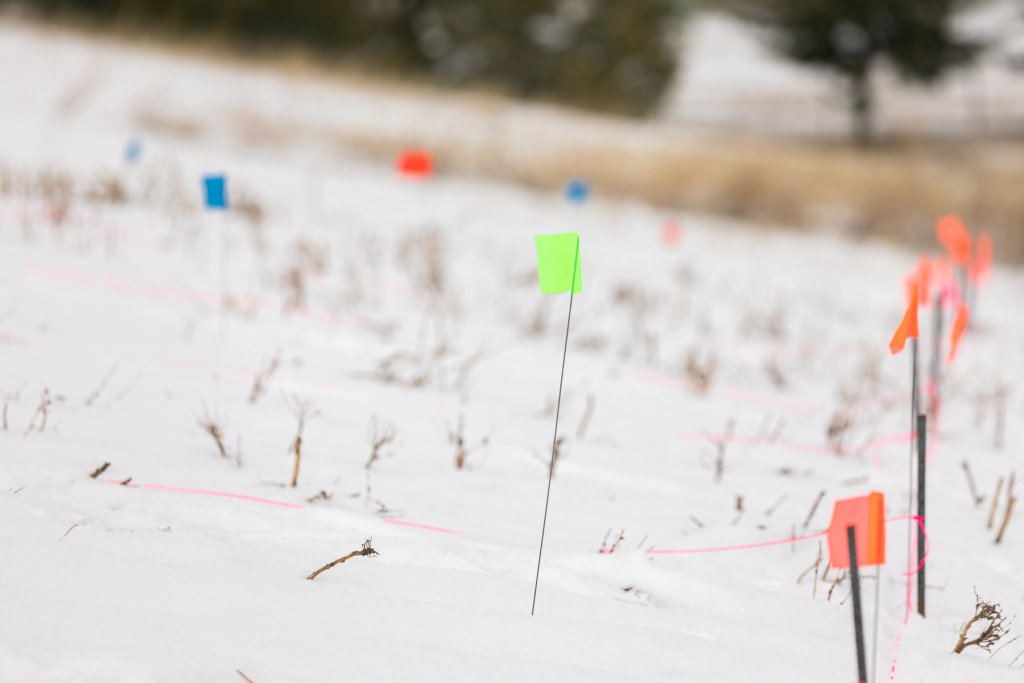
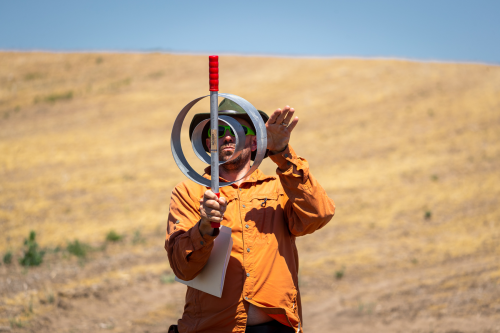
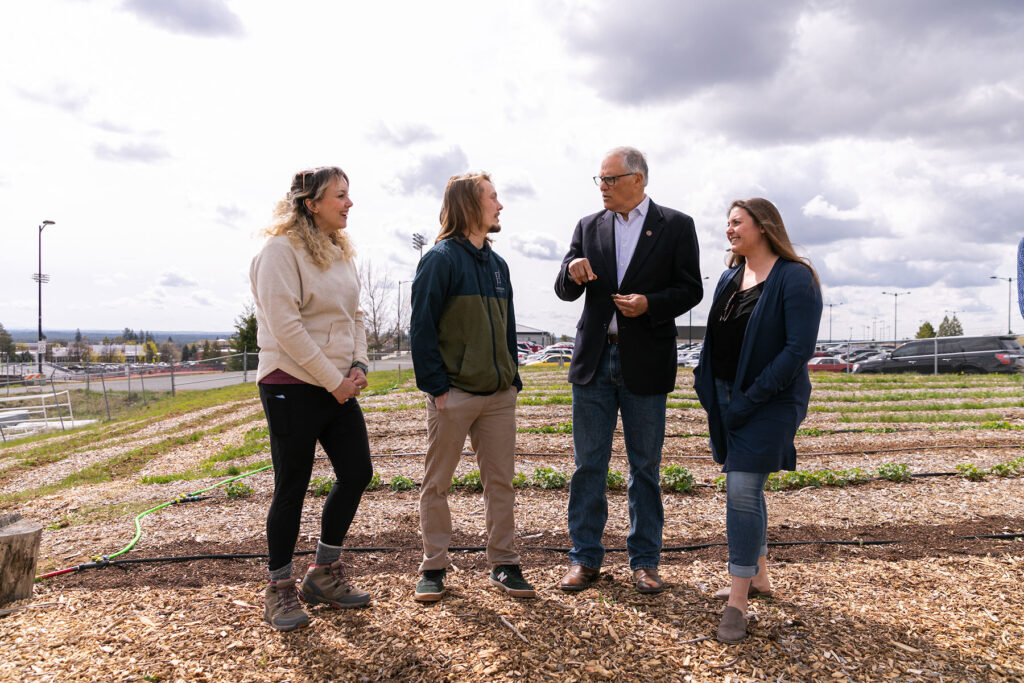
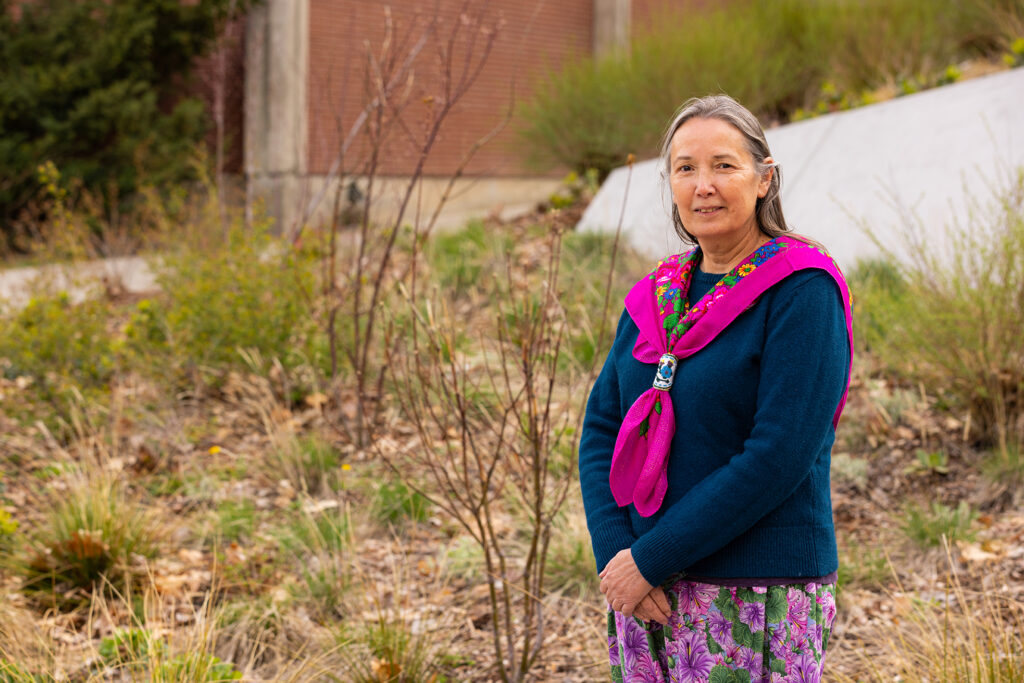
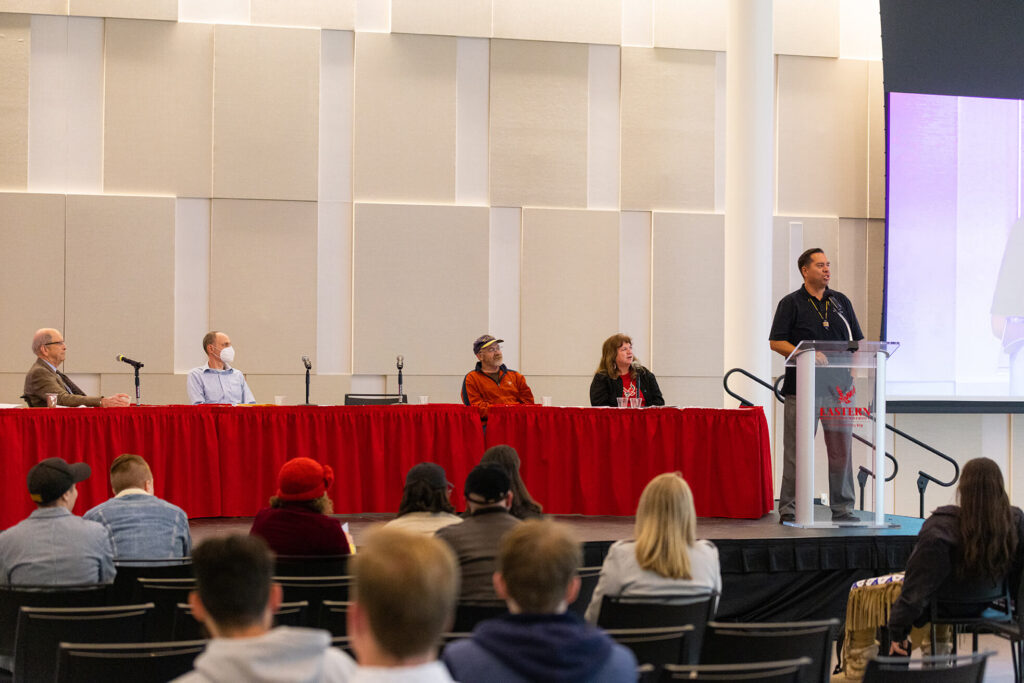
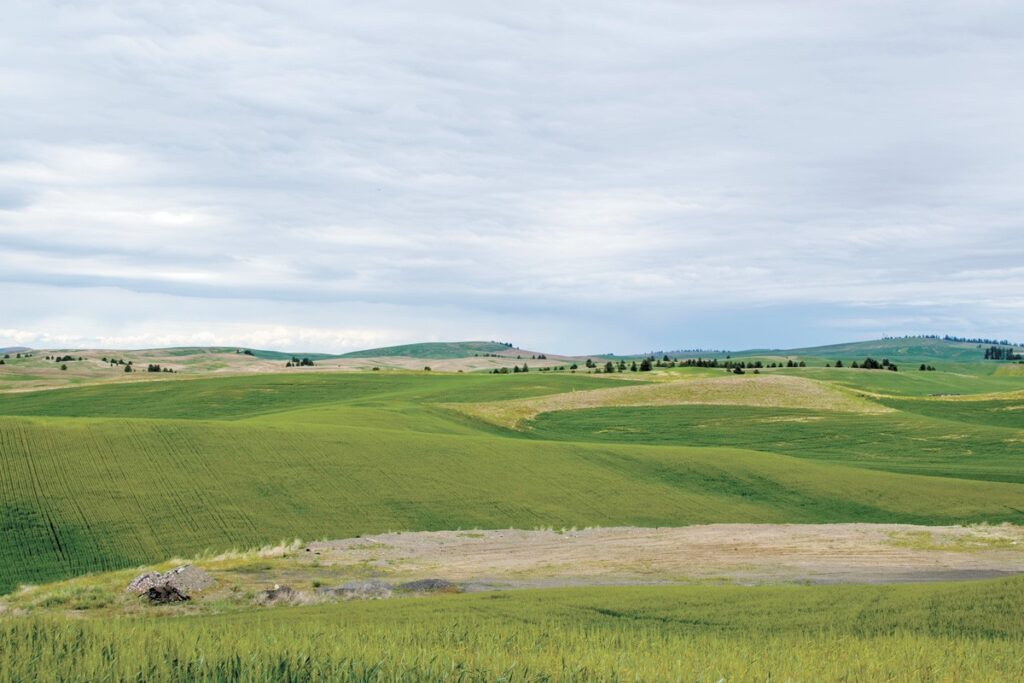
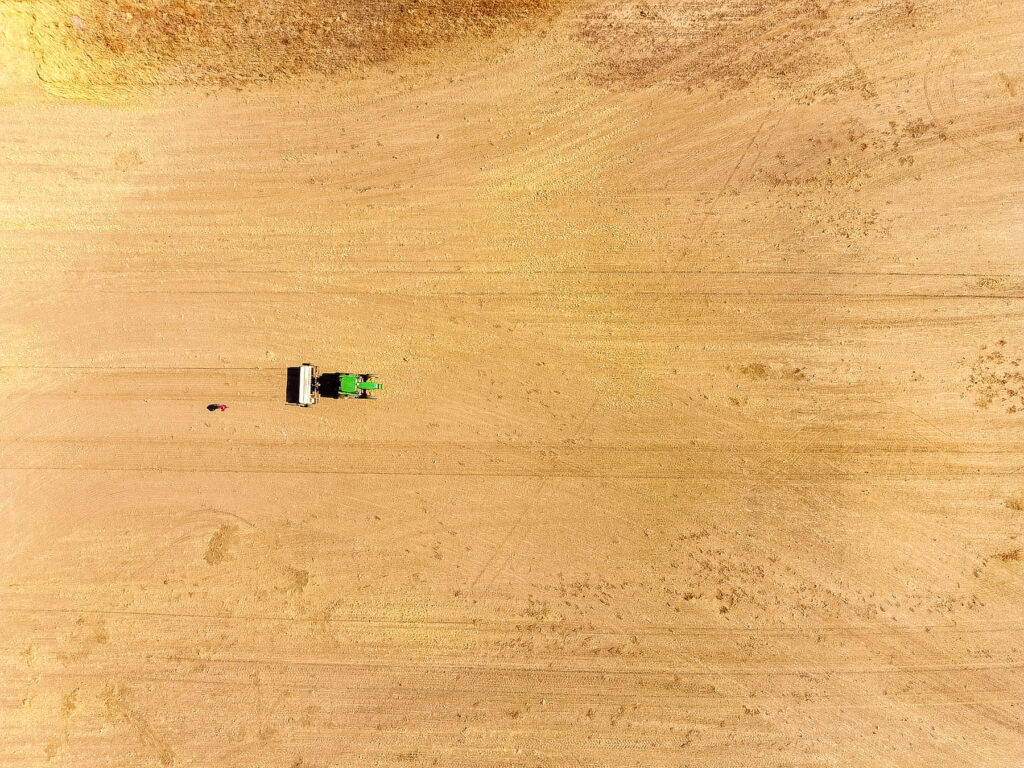
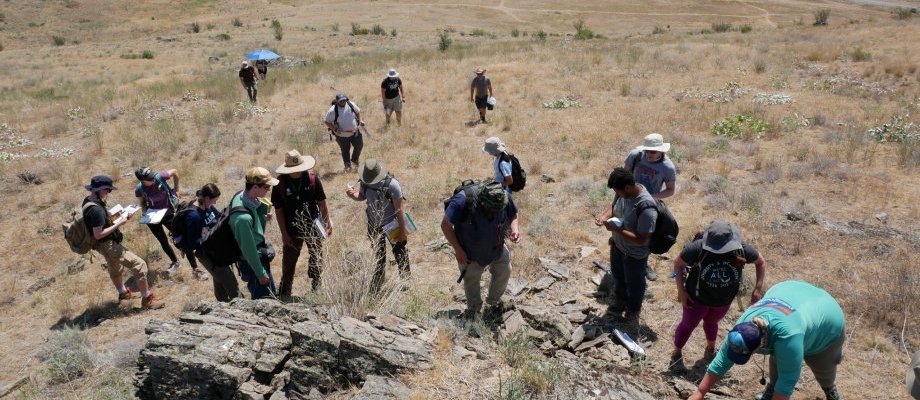
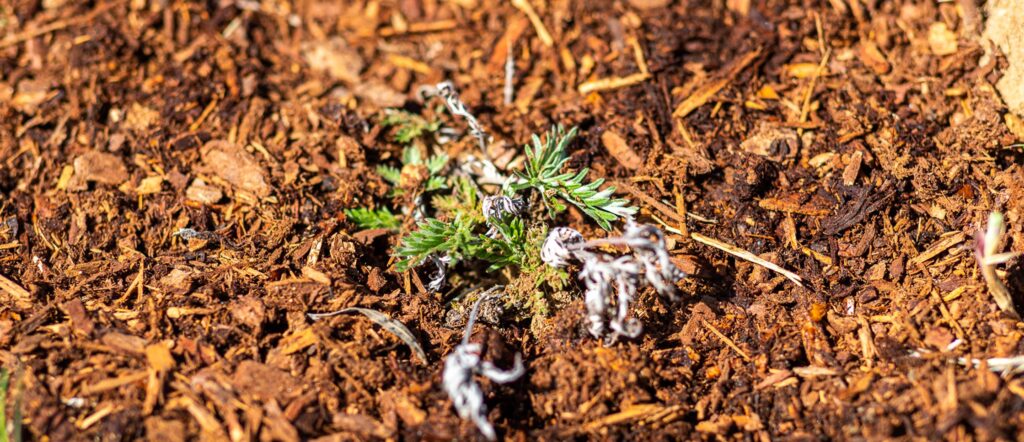
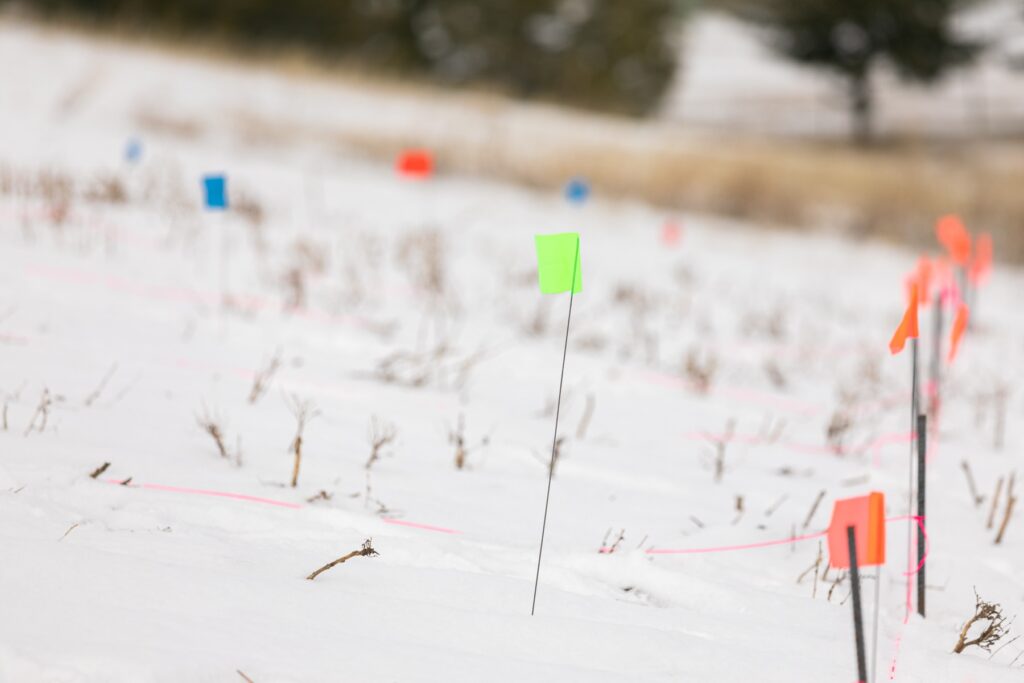
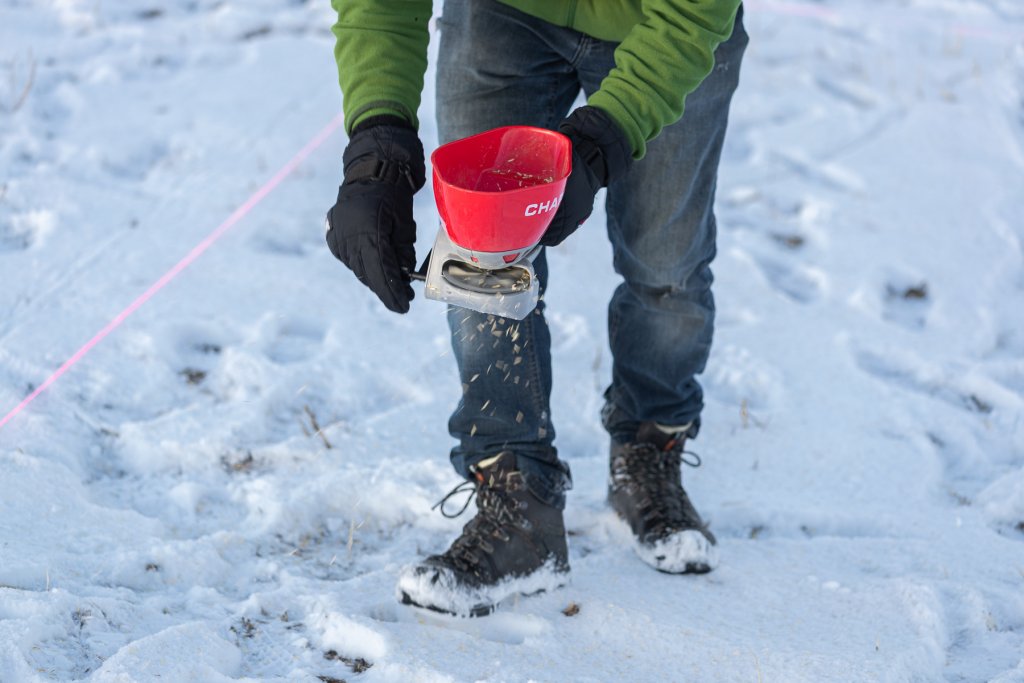
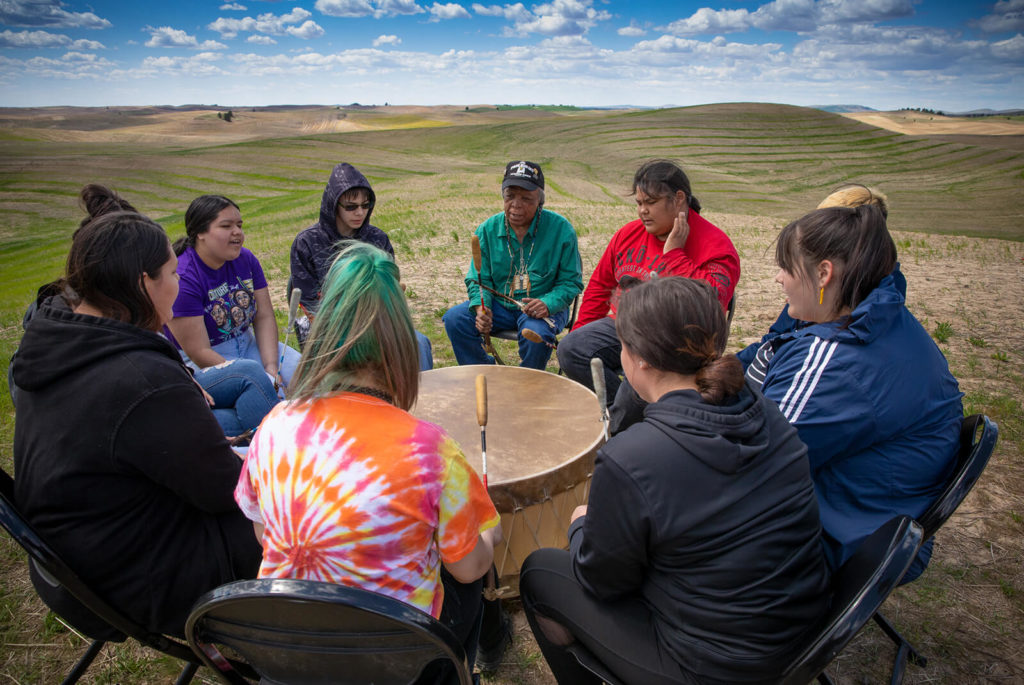
What Your Donation Supports
Our students are at the center of the Prairie Restoration Project. Through collaboration among programs across campus (biology, geology, archeology, history, computer science, and technical communications and others), the project offers tangible, real-world experience for our students to apply research in a collaborative way.
Landscape reconstruction and restoration is a dynamic process requiring time, patience and maintenance to ensure a successful establishment of native plants and recreation within this endangered ecosystem. The prairie restoration project involves many progressive elements— from seed and plant selection to site preparation, weed management to ecological research, and trail system design to sharing the importance of this bio-region.
Investments in the EWU Prairie Restoration Project support:
- Student employment for site preparation, seeding and maintenance during restoration
- Continued development and management of EWU’s native seed nursery
- Equipment for ongoing restoration maintenance, native seed nursery operations, and institutional research
- Planting native forbs, grasses and pines
- Trail development
- Interpretive signage about the restoration work, history of the land, and the native people who inhabited the land
- Contact us if you’re interested.

In kind or Charitable Donation Opportunities
Support Services
Technical support, signage and materials.
Equipment
Agricultural machinery, tools and trail product.
Research Opportunities
Partnership through in-kind product.
Collaboration Opportunities
The project has many opportunities for the benefit of research. EWU has already partnered with Ag Energy of Spokane to apply a product called biochar to the restoration site to boost soil properties. The dense, high-carbon mixture boosts the carbon content in the soil and retains water and other nutrients, improving soil structure and enhancing plant productivity.
This unique public-private partnership will benefit Eastern Washington University and Ag Energy. Eastern faculty and students will study plant production in pilot plots with and without biochar. Ag Energy will also use that data for their own research and marketing.
Contact
If you're interested in supporting the Prairie Restoration Project or would like more information please contact us.


